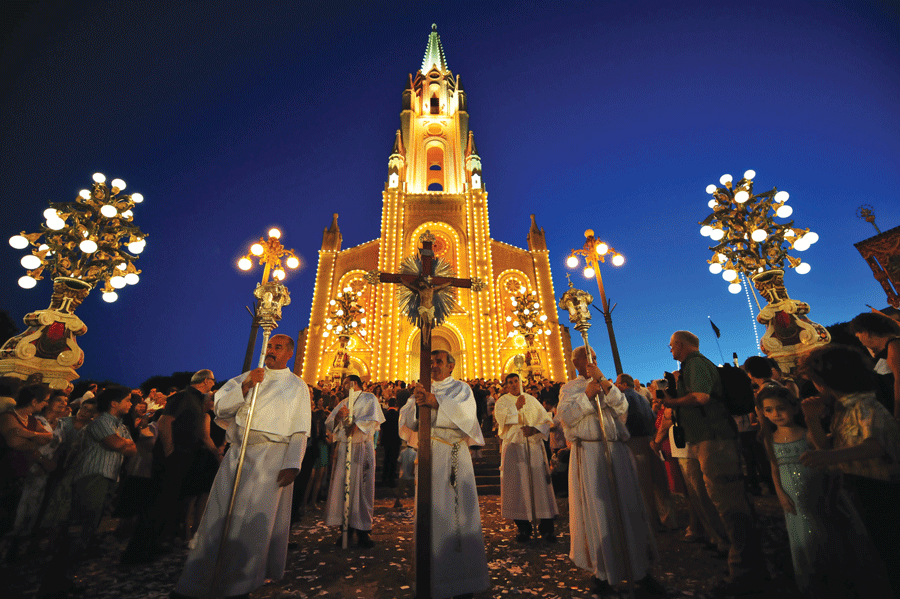Valletta is preparing to be the European Capital of Culture (ECoC) in 2018. In its run-up a Cultural Mapping Project is currently being implemented in Malta to map cultural places around the Islands. The project is focusing on public space discourse in a contemporary urban setting.
Malta is small and its localities are complex environments with multiple uses ranging from economic activity and rituals, to history and community. All of these interests are jostled between the locals, central and local government. Despite such diversity, many view these spaces as only serving one function, normally due to commercial or administrative demands. At the same time, the public is discussing how cultural resources should be regulated for better management, economic benefits, and to attract new investment into cultural spaces. Public space seems to be mirroring cyberspace regulation: a precariously-balanced dynamic of market forces, architectural constraints, unwritten social norms, and hard legislation.
We, the authors, have researched how Maltese public cultural space has been informally ‘mapped’ in policy documents, legislation, and economic strategy, and the tensions this creates with ECoC’s objectives. Our analysis showed some constraints but also possibilities of interaction with individuals and independent cultural players that could disrupt institutional mapping efforts, yet enrich community-based culture.
Malta’s first cultural mapping exercise is happening against a unique climate. These cultural developments highlight the more holistic and strategic approach towards cultural development in Malta. This atmosphere comes about on three main processes. Firstly between 2009–2011, the drafting and publication of the National Cultural Policy. Secondly in 2010, the establishment of a Creative Economy Working Group. Thirdly in 2011, the establishment of the Valletta 2018 Foundation, and in the following year the awarding of Valletta as European Capital of Culture for 2018.
Malta is carrying out a new Cultural Mapping Project that will be concluded in 2015. The Valletta 2018 Foundation remains crucial in serving as a critical node in the network of contributors; a role needed to fulfil its objective of community facilitator and enabler. This network can be expanded, yet several challenges need to be addressed during this process. A main challenge is to balance administrative requirements amongst project partners with an openness for collaboration between existing and new stakeholders. Some stakeholders, while not opposed to the project, might not share the same project vision as those leading it. New spaces for dialogue need to be opened up in the project’s infrastructure as well as in informal contexts to aid the project in becoming a tool for cultural community empowerment.







Comments are closed for this article!